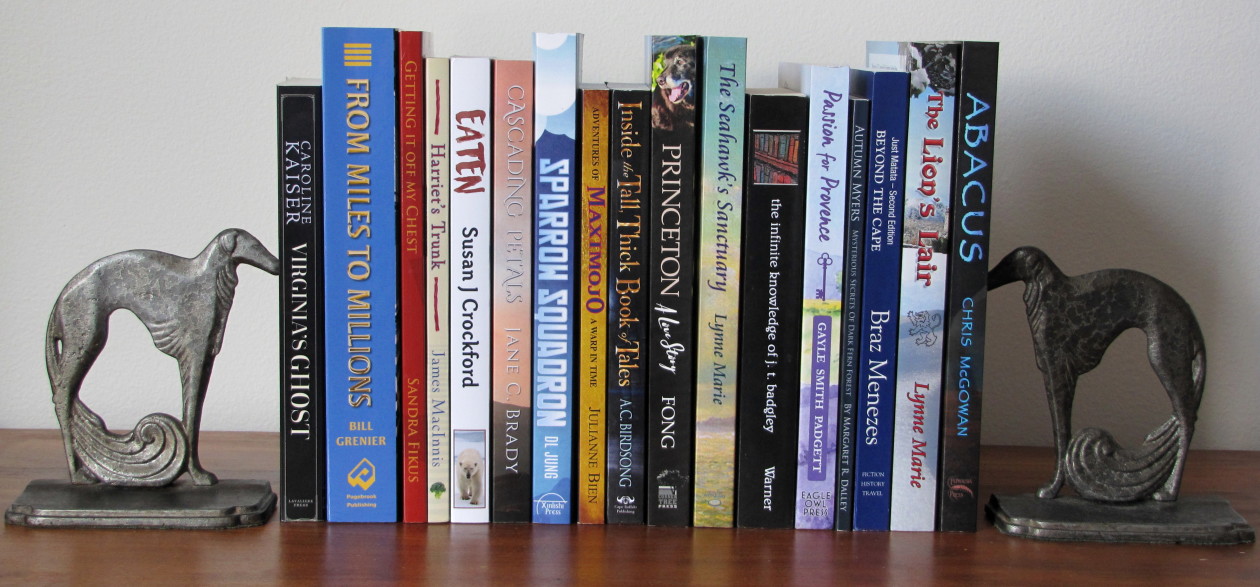I belong to an online writers’ and editors’ group, and when time allows, I entertain myself by catching up on the discussions in the forums. People generally behave themselves admirably, but the writers, most of whom are self-publishing, do lash out at editors from time to time. One day, I saw an author complaining that she’d been ripped off to the tune of three thousand dollars by an editor. Other forum participants were quick to become indignant that any editor would even dream of charging her such an amount to edit her book. What an outrage!
Feeling profoundly irritated, I wrote that it was ridiculous to consider the cost outrageous without knowing the facts–after all, the author hadn’t even mentioned what the word count was or told us anything about the nature of the book. Nor had we seen a sample of the writing. Without this information, no one could possibly know the extent of the editing required. And had anyone even considered the question of what the author actually received for her money? As she later revealed, the answer was nothing–she paid three thousand dollars to the “editor,” who never delivered any work at all. The unsuspecting author had not been dealing with a professional editor–she’d fallen victim to a smooth-talking scam artist.
Apart from the author’s misfortune, what bothered me about this whole exchange was the readiness of the writers who were commenting to believe that editors are taking them for a ride. Apparently, some writers still don’t see the value in what editors have to offer. I suspect that those who feel this way have never actually had their own work edited, so they can’t even begin to understand the invaluable contributions an editor can make to a manuscript. As well, such writers fear criticism, as most of us do to one degree or another, but rather than being able to perceive it as helpful and constructive, they feel threatened by it. And so they insist on standing in their own way, and the book suffers as a result.
I still occasionally meet people who think that all editors do is correct typos; they confidently assert that they can do their own spell-check and grammar check, thank you very much–as if spelling and grammar were all there was to it. But editors are involved in shaping the entire manuscript, and they cover the broad strokes as well as the fine details. A good editor will diplomatically call attention to a plot that doesn’t even get off the runway, loose ends that dangle messily, a protagonist who bores readers to tears, or a character who talks like he’s a nineteenth-century British aristocrat instead of the twentieth-century American student he’s supposed to be. Furthermore, a good editor offers constructive advice for fixing these problems.
I believe that writers who don’t appreciate what editors can do for their work are in a small and ever-shrinking minority. But often the writers who need editorial help the most are the very ones who are most resistant to receiving it. It’s time that such resistant writers began to see editors as allies who can help them create their best possible work, not as enemies who will either take advantage of them or belittle them. All editors contend that every writer needs an editor, and most writers I know wholeheartedly agree with this contention. And as an editor who also writes, I know that I’ll need an experienced and eagle-eyed editor to help me with my book before I publish it; I wouldn’t dream of skipping this essential step. Even for the best writers, the choice is clear: if you’re putting your book out there for public consumption, hire a professional editor.

 Follow
Follow
I wrote a story in which the protagonist’s mother dies. Some time later, I forgot that she’d died and wrote a story about her 90th birthday party. Fortunately, the second story wasn’t included in the published collection because my critics (all unpaid friends) didn’t like it much. But that’s the kind of error a writer can make that an editor will notice. God bless editors.
It’s heartening to see that you recognize the contribution of editors, Isobel. I know that I’m always looking for and finding the exact sort of thing that you mention–that and changing eye colour, which seems to be in at least 50 percent of fiction manuscripts, if not more.